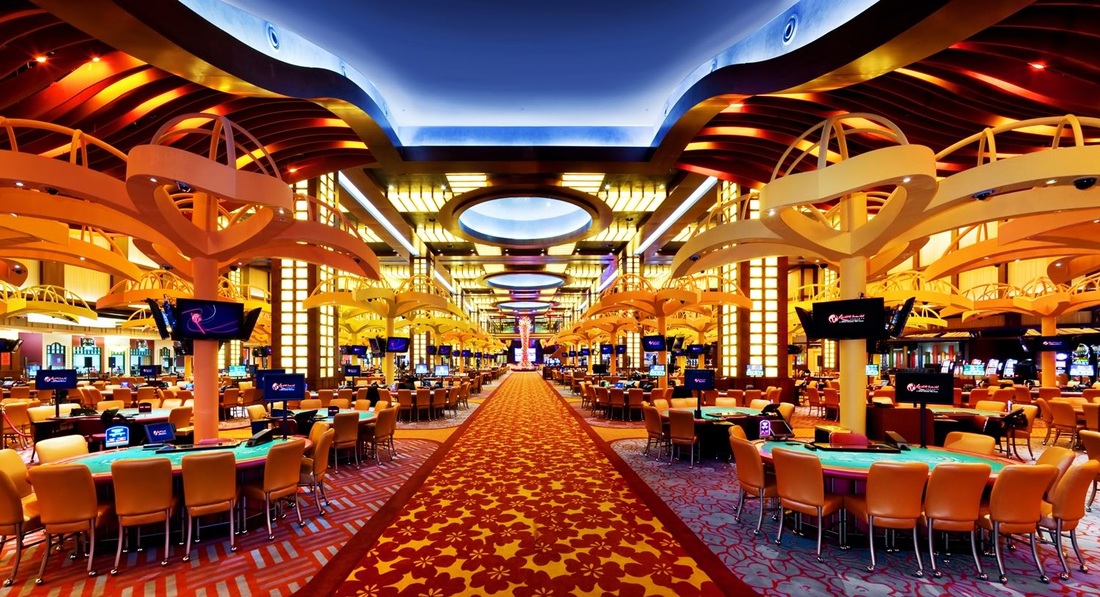
Gambling games have long captivated various types of players, providing not only the excitement of risk but also a tailored experience tailored to diverse kinds of players. From strategic players who succeed through skill and calculation to more casual gamers seeking entertainment, casinos are aware of the subtleties of their audience and design games that meet these differing interests.
In exploring the realm of gambling games, we discover a variety of options that interest every kind of player. Competitive poker tables attract competitive players, while colorful slot machines attract individuals in search of immediate satisfaction. Whether it be the chance to win big or simply savoring the social atmosphere, casinos tailor their game offerings to ensure that everyone finds a spot where they feel comfortable and engaged. Comprehending how these games cater to diverse types of players can enhance not only our understanding of them but also our approach to choosing which games to play.
Grasping Participant Groups
In the multifaceted world of gaming entertainment, participants can be classified into distinct types based on their drives and preferences. These participant types range from the relaxed and social gamers, who enjoy the enjoyment value and social connections that gambling provides, to the more tactical and methodical players, who seek to increase their odds and gains. Comprehending these distinct kinds is essential for casinos to adapt their services and create captivating experiences.
One frequent kind is the social player, who views casino games as a form of community interaction and fun rather than a high-stakes gambling activity. These gamers often enjoy games that encourage engagement and camaraderie, such as group-based games. Their focus is on the journey rather than the outcome, so lively environments and mutual moments are what they cherish the most.
On the contrary end of the scale, competitive players are inspired by rivalry and the pursuit of expertise. They tend to lean toward games that necessitate tactical planning and strategy, such as poker, where their skills can determine the conclusion. This category often engages with the games on a more profound level, utilizing expertise and tactics to gain an edge. Grasping these incentives allows casinos to create environments and game selections that cater to each participant’s distinct choices.
Strategies for Game Design
Gambling games are created with diverse player types in mind, employing various strategies to draw in and engage them. For recreational players, the focus is on ease and ease of understanding. Games like slots are frequently aesthetically pleasing with simple mechanics. This allows players to enjoy the gameplay without a steep learning curve, creating an inviting atmosphere. The vibrant hues, catchy sounds, and themes create a playful environment where players can quickly get immersed and entertained.
For strategic players who enjoy a deeper level of involvement, games such as poker and 21 offer complexity and skill-based elements. These games incorporate strategy and tactical choices, attracting to players who thrive on competition and want to utilize their cognitive abilities. The design of these games regularly includes intricate rules and mechanics that challenge players to hone their skills and develop strategies over time, creating a rewarding experience for those who appreciate mastering the game.
Moreover, social players are catered to through games that highlight interaction and community. This comprises live dealer games and multiplayer games, which cultivate a sense of community among players. The design of these games often incorporates communication tools and communal aspects, allowing players to connect and exchange insights. By creating an environment where participation is promoted, casinos can effectively engage community players, making the gaming experience more pleasurable and memorable.
Improving Gamer Engagement
Betting games have advanced considerably to provide a significantly entertaining experience for players. Game designers focus on high-quality visuals, rich sound effects, and novel gameplay features that engage players into the gaming space. By employing tech, such as virtual reality and AR, betting houses ensure that participants feel as if they are part of a thrilling environment, enhancing in addition to the fun of the activities but also the complete enjoyment of being in a gambling venue.
Social interaction is another key aspect in enhancing participant engagement in gambling games. Many titles are developed to facilitate engagement among participants, whether through multiplayer formats or messaging options. This social aspect is attractive to players who enjoy connecting with other participants while competing, promoting a feeling of community. Moreover, social features can consist of leaderboards, contests, and prizes for cooperative gaming, which capture determined players and motivate them to return for additional. casinos not on GamStop
In conclusion, customization plays a vital role in customizing the engagement for diverse gamer demographics. Casinos and game developers study gamer activities and likes to provide tailored gaming recommendations and benefits. By understanding the distinct interests of players, gaming establishments can present tailored promotions, bonuses, and new game releases that appeal to each gamer, thus improving their overall satisfaction and commitment to the casino.
